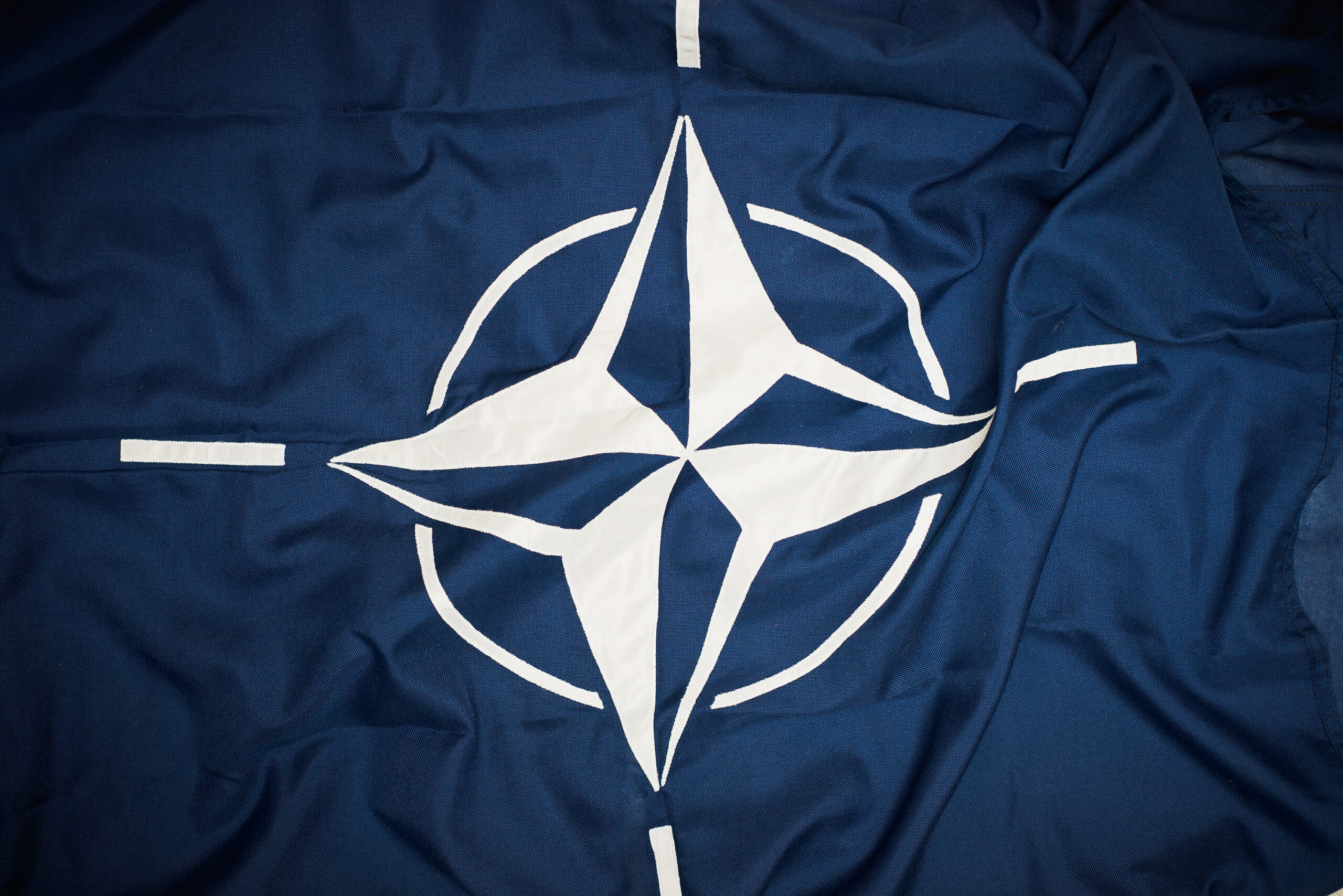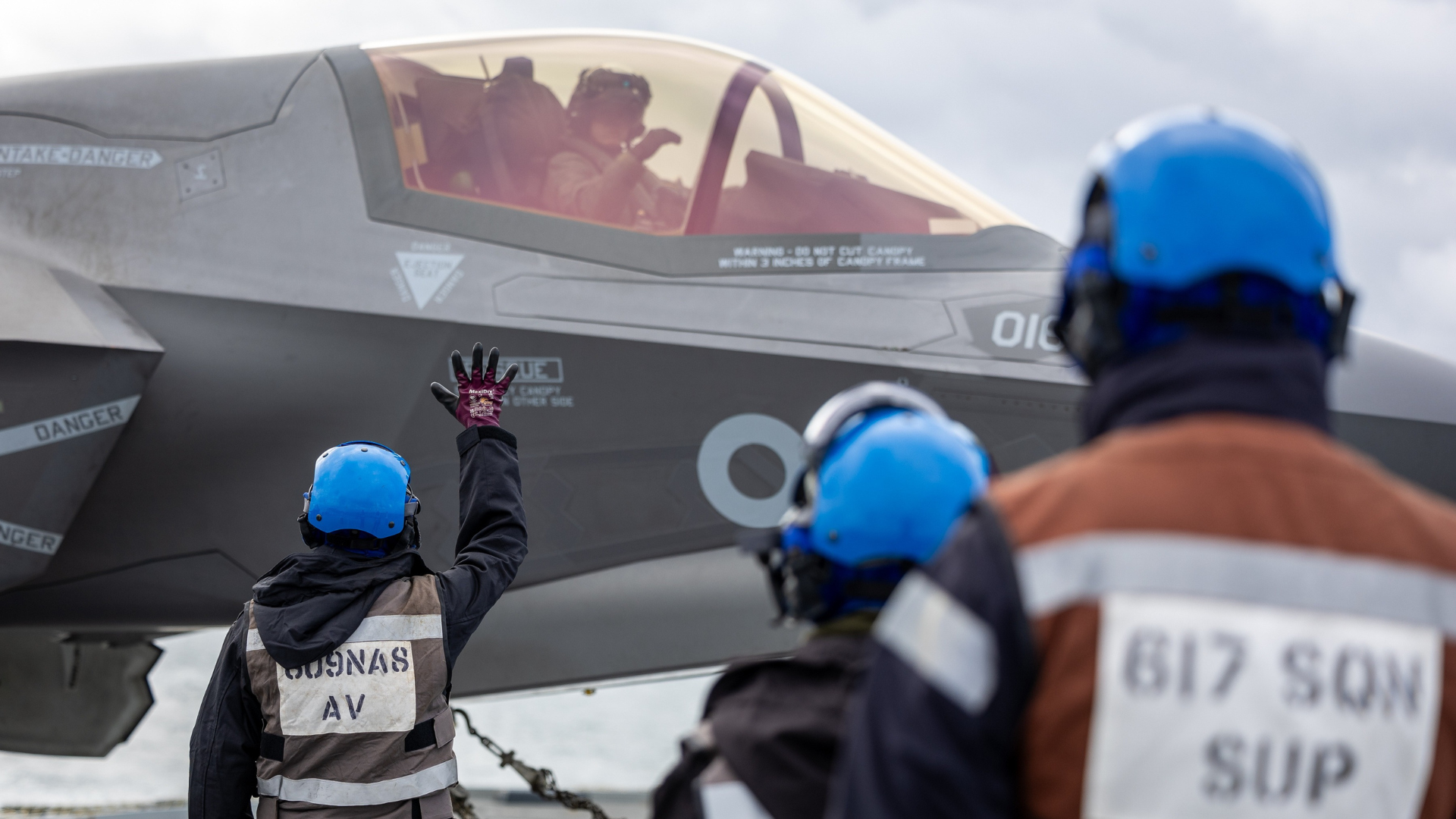
Today the House of Commons Defence Committee (HCDC) released their 8th report on the UK’s relationship with NATO and the US. The report covers a wide range of topics concerning international relations, the UK’s place within NATO and the wider geopolitical landscape. As public debate continues in the media, the Committee has also examined Defence spending within the context of the UK’s international responsibilities and NATO commitments.
Following on from the recently released report on the Modernising Defence Programme (MDP) and HCDC’s call for 3% of GDP being committed to Defence, the same recommendation has been made in this report. The Committee believe an initial commitment of 2.5% would fill the ‘black hole’ that currently exists in the MoD budget, with a longer-term vision of increasing defence spending to 3% of GDP.
This is a case that continues to be pushed by HCDC and by Ministers within MoD itself. Secretary of State Gavin Williamson has recently been reported as maintaining his ‘bullish’ approach to increasing defence spending. Defence minister Tobias Ellwood has also been quoted as supporting the 2.5% target in a HCDC session on Armed Forces veterans. The Government continues to call 2% a ‘floor’; it remains to be seen if the figure will rise as a result of the MDP.
The HCDC report also reflects on the influence of NATO and the responsibilities inherent within an international partnership. Promoting interoperability, readiness and mobility capabilities, and doctrine is seen as important for the UK to remain a valuable ally. These principles rely on industrial capability and a close relationship with the companies that work across borders for multiple customers. Interoperability and (the NATO favoured term) ‘joint-ness’ are enabled by technologies, systems, and services that industry provides to a range of NATO nations, as well as other allies.
Within the NATO context the industrial connections with the armed forces are of increasing importance; joint R&D projects and exercises require industry to coordinate with their partners and, on occasion, competitors to deliver coherent joint capabilities. A UK commitment to NATO in political and military terms should be replicated by the UK Government through support to increased industrial and R&D alignment.
The NATO Industrial Armaments Group (NIAG) provides opportunities for industry to engage with, and shape, future NATO requirements. It also provides UK companies of all sizes the chance to learn more about R&D programmes, the internal markets of NATO nations, and to develop business opportunities in those nations. ADS would support increased UK Government support to developing these formal industrial connections with NATO.
If spending on UK defence is to be increased in the coming years it is important that the capabilities that enable interoperability with allies are given particular attention. In addition to this, the UK must view NATO not only as an international commitment to global security, but also as a prime opportunity for cross-border industrial innovation.





